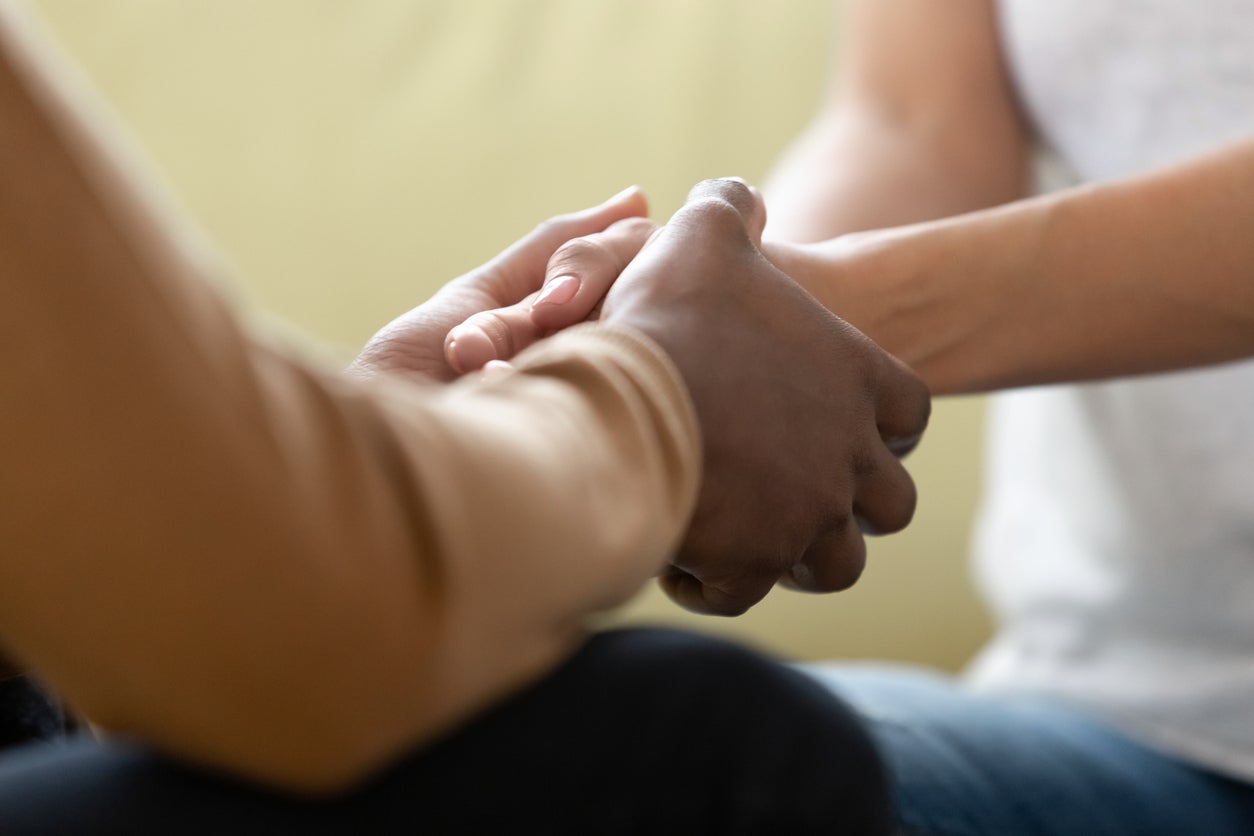Miscarriage costs UK at least £471m each year with both parents ‘experiencing profound psychological repercussions’
Researchers find miscarriage almost quadrupled risk of someone killing themselves

Miscarriages costs the UK at least £471m each year with both mothers and fathers suffering profound psychological repercussions from losing a baby, new research has found.
A report, conducted by Tommy’s National Centre for Miscarriage Research, discovered miscarriage almost quadrupled the risk of someone killing themselves while doubling the risk of depression or anxiety.
Researchers warned the £471m is a minimum number that solely encompasses direct health services and declining productivity - with the true figure exceeding £1bn if you examine longer-term physical, reproductive and mental health.
It is the first ever study to draw attention to the long-term consequences miscarriage has on a mother’s physical health, with each loss making them more likely to suffer from heart disease and blood clots.
While the report, which was published in The Lancet, revealed miscarriage rates among black women are 40 per cent higher than white women, scientists noted more studies are required to work out why this is the case.
Leading pregnancy charity Tommy’s called for the “postcode lottery” in miscarriage care to be urgently overhauled and high-risk groups to receive support during pregnancy.
Toni Edwards-Beighton, who had a miscarriage, said: “For months after the loss, I felt like I was losing my mind, struggling with distressing visions and irrational fears. Our daughter’s bedroom windows were always locked but I was obsessed with the idea she’d fall out and would ‘see’ her little body crashing to the patio.
“When it rained I’d see the water turn blood red as it went through the planter where our baby was buried. My period triggered horrific flashbacks every month, and I ended up breaking down in front of my GP, who diagnosed PTSD.”
The 37-year-old, who is from Leicester, added: “My next pregnancy was filled with dread and five years on I still have moments of anxiety, stemming from those three awful weeks going through miscarriage without the care I needed.”
Some 15 per cent of expectant parents are estimated to go through a miscarriage during their lives.
Jane Brewin, chief executive of Tommy’s, said: “The variation in quality and availability of miscarriage care across the UK can lead to lifelong problems for families already enduring an unbearable experience.
“It shouldn’t matter who you are or where you live, and you shouldn’t have to endure repeated heart-breaking losses before you get the right help. Everyone should be given care and advice after each miscarriage to reduce the chance of it happening again, with specialist support for those most at risk.”
Researchers discovered older men are also more likely to suffer miscarriages irrespective of their partner’s age, which may be down to genetic abnormalities being more frequent in older sperm.
Arri Coomarasamy, the report’s author, said: “We don’t even know exactly how many miscarriages happen in the UK. Without this data, the scale of the problem is hidden, and addressing it is not prioritised.”
Baby loss is an issue that is routinely overlooked by society despite the fact around 14 babies are estimated to die before, during or soon after birth each day in the UK. Miscarriage is defined as losing a pregnancy before 24 weeks.
James Chaloner, who was diagnosed with depression after experiencing three miscarriages, said: “Excessive stress has an overwhelming impact on your body. I was battling insomnia, night sweats, brain fog, constant nausea and loss of appetite.”
The 33-year-old, who is from Cheltenham, said he was physically a “wreck”, and mentally he was “completely crushed” - adding he did not pursue help due to stigma.
“I became a recluse and didn’t want to see anyone, even close family,” Mr Chaloner added. “Eventually, I plucked up the courage to see a doctor.”
If you are experiencing feelings of distress and isolation, or are struggling to cope, The Samaritans offers support; you can speak to someone for free over the phone, in confidence, on 116 123 (UK and ROI), email jo@samaritans.org, or visit the Samaritans website to find details of your nearest branch.
For services local to you, the national mental health database- Hub of Hope - allows you to enter your postcode to search for organisations and charities who offer mental health advice and support in your area.
Join our commenting forum
Join thought-provoking conversations, follow other Independent readers and see their replies
Comments
Bookmark popover
Removed from bookmarks